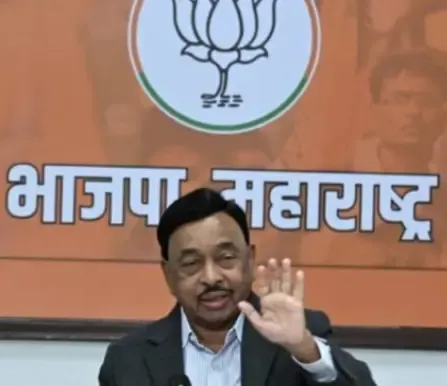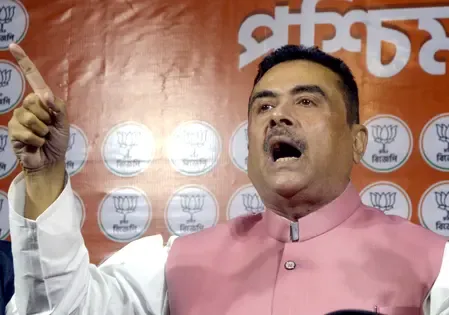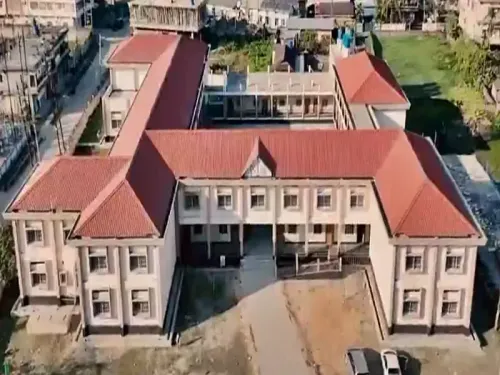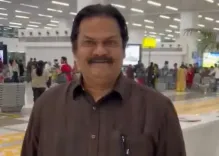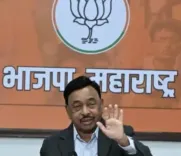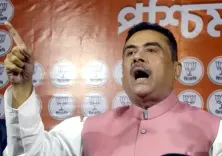How is India Reinforcing Its Commitment to the 'Pact for Future' at the UN Dialogue?
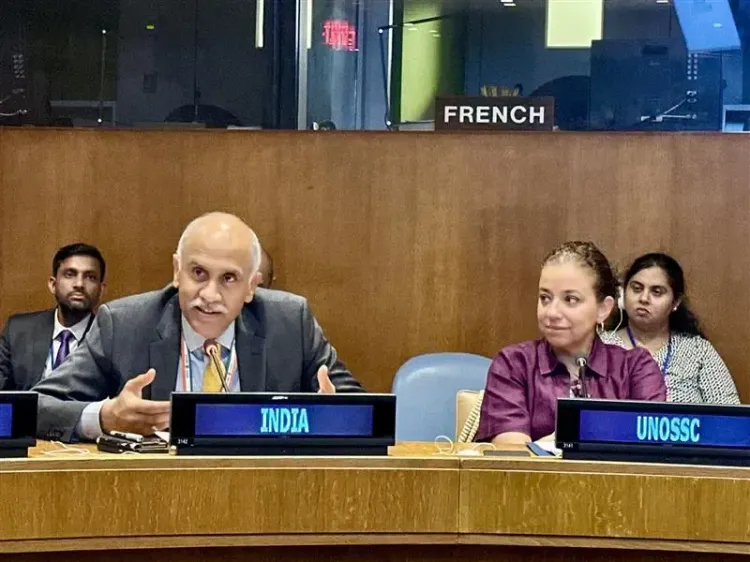
Synopsis
Key Takeaways
- India's commitment to the Pact for the Future is unwavering, emphasizing international cooperation.
- The 2028 review must focus on actionable outcomes and significant reforms.
- India calls for UN Security Council and financial architecture reforms.
- The establishment of an Independent International Scientific Panel on AI represents a milestone in governance.
- Collaboration with G20, WTO, and other bodies is essential for sustainable financing.
New York, July 18 (NationPress) India has strongly reaffirmed its dedication to the Pact for the Future and its associated documents, the Global Digital Compact (GDC) and the Declaration on Future Generations, during the third interactive informal dialogue focused on reviewing the pact.
Characterizing this initiative as a crucial step in the global community’s unified efforts to confront both emerging and long-term challenges, India highlighted the significance of inclusive and future-oriented international collaboration.
The informal dialogue on Thursday provided a platform for member states to share insights and experiences, looking ahead to 2028 for the pact's implementation.
At the Summit of the Future on September 22, 2024, global leaders endorsed the Pact for the Future along with its annexes: the Global Digital Compact and Declaration on Future Generations. This landmark agreement is the result of years of inclusive discussions and teamwork aimed at modernizing international cooperation to tackle today’s realities and prepare for future challenges.
“India believes the 2028 review should be focused on results and future-oriented. We must ensure dedicated attention to critical reform areas, particularly UN Security Council expansion and reforms in international financial architecture, where progress has been lacking,” stated Parvathaneni Harish, Permanent Representative of India to the United Nations, addressing the session.
“Regarding Security Council reforms, there is a consensus that the body should reflect current geopolitical realities. This is vital to enhance the Council’s credibility, legitimacy, and effectiveness. The 79th session concluded without tangible progress, and member states need to intensify efforts to pursue genuine reforms while resisting attempts by some countries to maintain the status quo. Text-based negotiations must commence promptly,” he added.
He affirmed that India is a strong proponent of strategic alignment to maximize impact and eliminate redundancy.
“Ideally, the UN@80 goals should have been integrated into the Pact framework and pursued during last year’s negotiations among member states. Moving forward, we must ensure that the implementation and review of the Pact are aligned with the UN@80 initiative,” Harish emphasized.
He highlighted that the review should connect with the 2027 SDG Summit outcomes to create a cohesive narrative on sustainable development progress. “We should also build on sectoral reviews, including the Fourth International Conference on Financing for Development, the World Social Summit, the WSIS+20 Review, and the Peacebuilding Architecture Review, while utilizing existing mechanisms like the High-Level Political Forum and ECOSOC for reporting,” he stated.
India also urged for coherence and complementarities with ongoing processes within the G20, WTO, World Bank, and IMF, especially concerning sustainable financing and an equitable global financial framework.
“India believes these ongoing reviews and processes must inform the design and content of the 2028 Pact review. The review should not merely be a stock-taking exercise but should yield concrete next steps for the upcoming implementation cycle. We specifically need clear benchmarks for Security Council reform along with timelines for text-based negotiations,” Harish noted.
He also stated that a significant outcome of the GDC is the establishment of an Independent International Scientific Panel on AI and a Global Dialogue on AI Governance within the UN framework.
“We anticipate a successful conclusion of the ongoing negotiations and the adoption of the modalities resolution based on consensus. India remains committed to collaborating with all stakeholders to guarantee the effective implementation of the Pact and its annexes, looking forward to ongoing dialogue and briefings on this matter,” he concluded.


